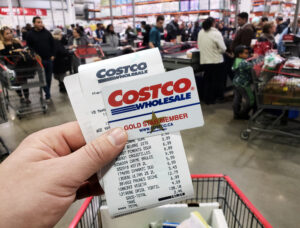
- Meat – For those who are meat lovers, if you want to go organic it’s going to cost a lot more than purchasing conventional (non-organic) meat. The USDA website is a great place for guidance on when you should buy organic meat versus conventional ones.
- Beans and legumes – Buying beans and legumes are a great way to cut down on spending too much at the store. They’re very filling, versatile, and cheaper than any other thing you could possibly think of. You can buy them in cans, but you’ll save more money if you buy them dry. The average cost of dry black beans per cup is 24 cents, while the canned version is 56 cents. Lentils, on the other hand, are a bit cheaper, costing only 22 cents per cup. Black beans, lentils, chickpeas, and pinto beans are extremely easy to cook, so you won’t have any problems with prepping them!
- Invest in/write a cookbook – Cookbooks are really cool, not only because they provide recipes, but they can also guide you when you go grocery shopping. If you can’t figure out what food items you need to buy, having a cookbook can be a real lifesaver. There are plenty of online resources for free, but for some people, manually flipping through a cookbook might be less exhausting than searching online.
- Consider shopping at more than one grocery store – While some grocery stores are known for having lower costs on certain items, others are known for being pricier. Even so, you might find at Target a better discount price than at Costco, and so on. It depends on tastes. For example, I like to buy my meat from one store, the produce from another, with occasional trips to the local farmers market for veggies, and then go to a discount store for grains and snacks. That’s the beauty of retirement: who would’ve thought that you were actually going to have more time to do all this? Well, now you do!
Do you think our tips will come in useful to you? If you know of any other great ones, we would love to hear from you. Leave a comment in the section below and let us know your thoughts!





























































